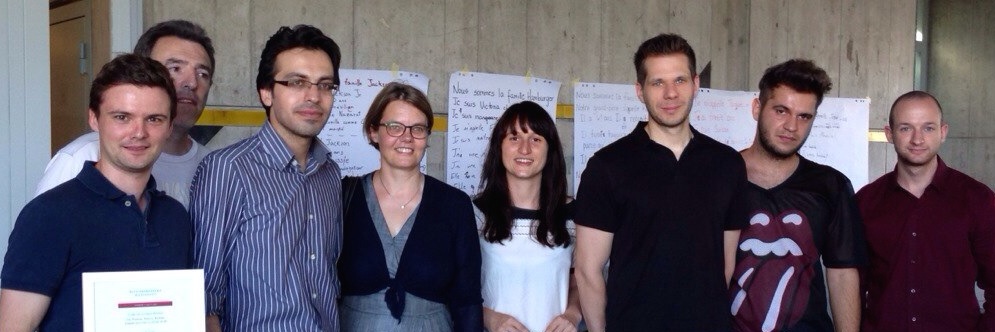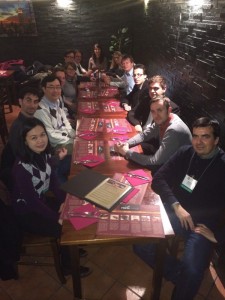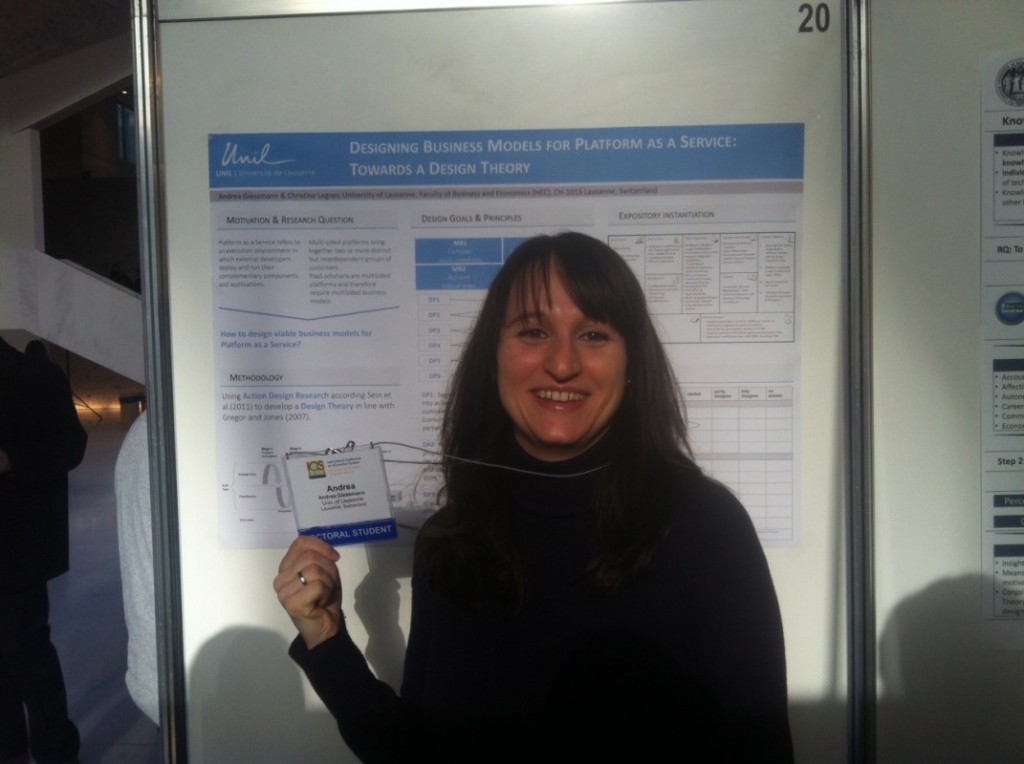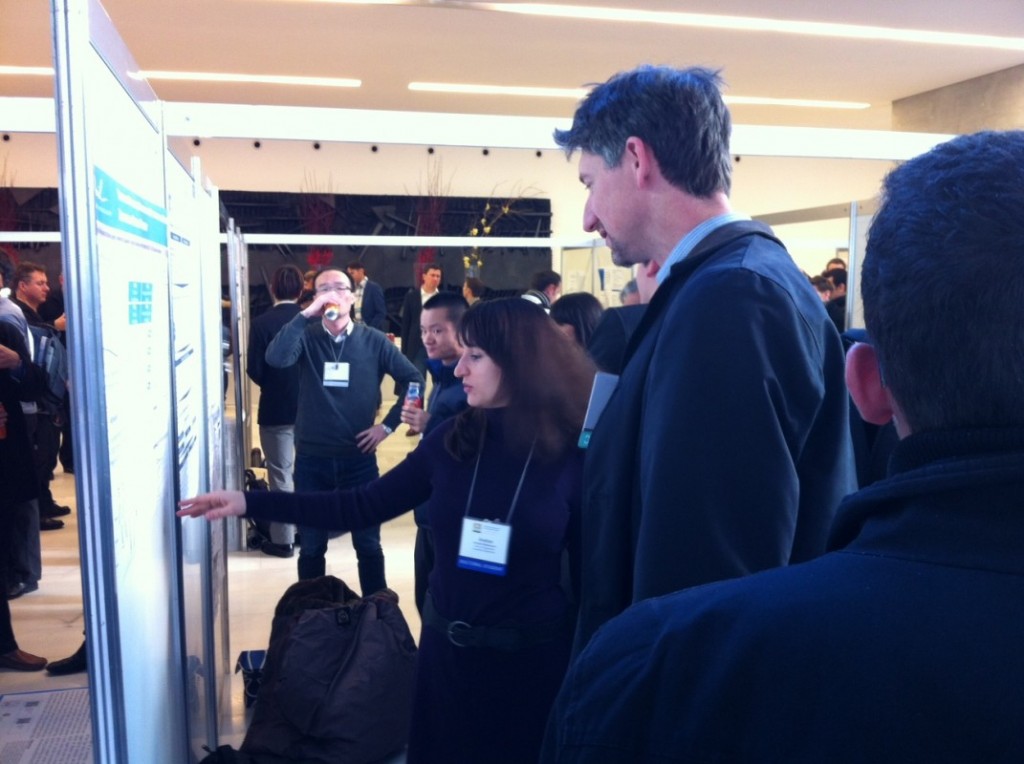The article “From On-Premise Software to Cloud Services: The Impact of Cloud Computing on Enterprise Software Vendors’ Business Models” by Thomas Boillat and Christine Legner is one of five research papers in the Special Issue on Cloud Computing published by the Journal of Theoretical and Applied Electronic Commerce Research (JTAER).
Link to full text.
Abstract:
Cloud computing is an emerging paradigm that allows users to conveniently access computing resources as pay-per-use services. Whereas cloud offerings such as Amazon’s Elastic Compute Cloud and Google Apps are rapidly gaining a large user base, enterprise software’s migration towards the cloud is still in its infancy. For software vendors the move toward cloud solutions implies profound changes in their value-creation logic. Not only are they forced to deliver fully web-enabled solutions and to replace their license model with service fees, they also need to build the competencies to host and manage business-critical applications for their customers. This motivates our research, which investigates cloud computing’s implications for enterprise software vendors’ business models. From multiple case studies covering traditional and ‘pure’ cloud providers, we find that moving from on-premise software to cloud services affects all business model components, that is, the customer value proposition, resource base, value configuration, and financial flows. It thus underpins cloud computing’s disruptive nature in the enterprise software domain. By deriving two alternative business model configurations, SaaS and SaaS+PaaS, our research synthesizes the strategic choices for enterprise software vendors and provides guidelines for designing viable business models.
 On July 17, Kazem Haki successfully defended his PhD thesis entitled “Essays on the principles and adoption of enterprise-wide architecture”. Members of the jury were Prof. Yves Pigneur as internal expert, Prof. Stephan Aier (University of St. Gallen) and Prof. Alain Wegmann (EPFL) as external experts, and Prof. Joerg Dietz as president of the jury. Kazem Haki’s dissertation comprises 6 essays, thereof 4 published conference articles (ECIS, ICIS and TEAR) and 2 manuscripts for IS journals.
On July 17, Kazem Haki successfully defended his PhD thesis entitled “Essays on the principles and adoption of enterprise-wide architecture”. Members of the jury were Prof. Yves Pigneur as internal expert, Prof. Stephan Aier (University of St. Gallen) and Prof. Alain Wegmann (EPFL) as external experts, and Prof. Joerg Dietz as president of the jury. Kazem Haki’s dissertation comprises 6 essays, thereof 4 published conference articles (ECIS, ICIS and TEAR) and 2 manuscripts for IS journals.

